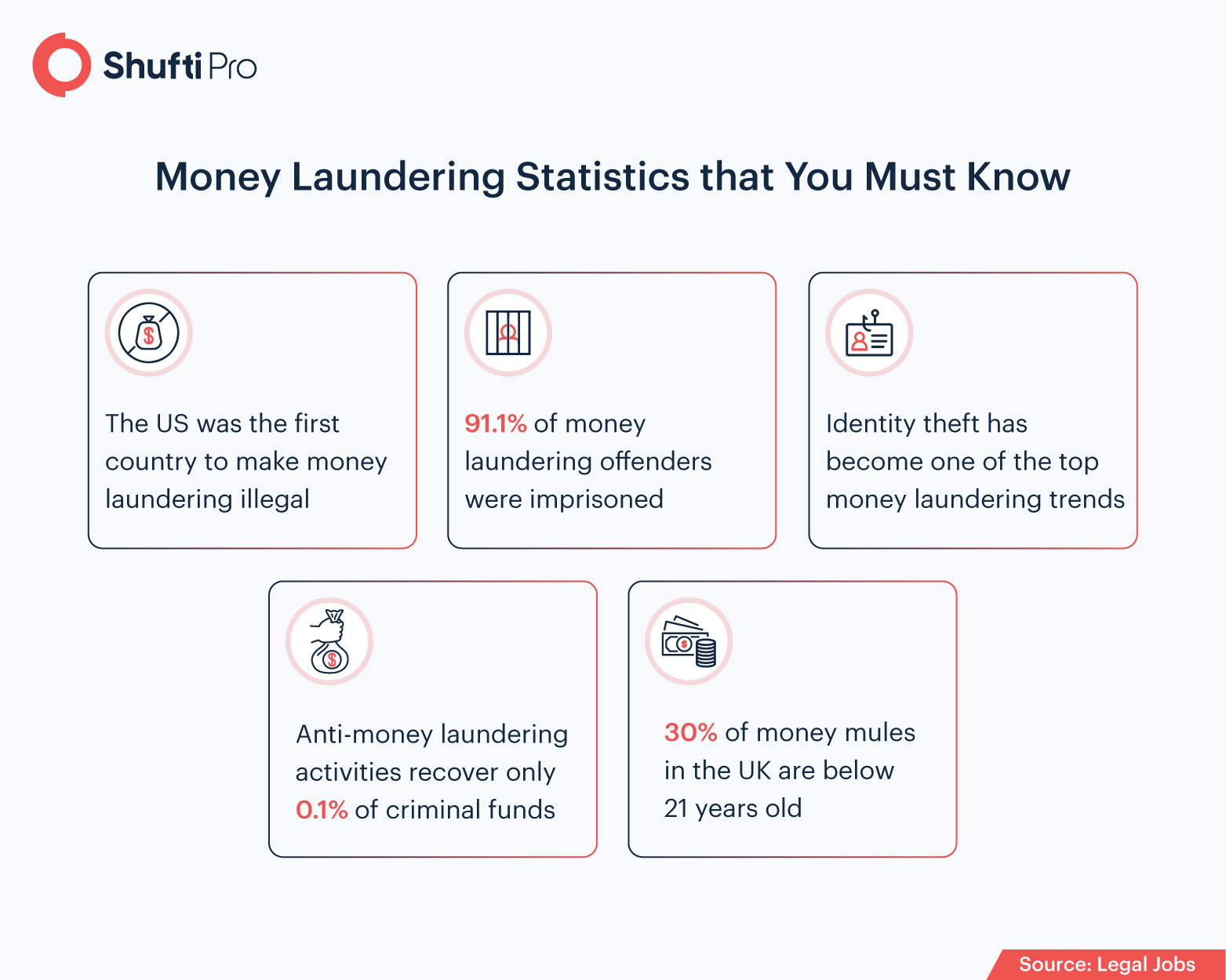New Money Laundering Patterns to Look Out for in 2022 – Do Social Media Platforms Need AML Screening?

With digitization, the use of the internet and easy access to smart gadgets has increased the number of social media users. Other than the technological revolution, coronavirus is also one of the key factors behind this massive growth. Individuals are finding social media platforms trustworthy and are spending more and more time on these applications. However, other than making friends, people are using sites to advertise their brands, sell products, and job placement schemes. Due to this, financial crimes are skyrocketing through social media. Money launderers are making money through bogus programs and trick people into schemes.
Due to this, regulatory attention is drawn towards these platforms. A set of pre-existing Anti-Money Laundering (AML) and Know Your Customer (KYC) regulations are to be made mandatory for social media platforms to secure online users from becoming victims or money mules.
Money Laundering Through Social Media Becoming Mainstream
Before the coronavirus outbreak and digitization, money laundering activities were only restricted to financial firms, mostly banks. But now, social media platforms are subject to money laundering. Millions and billions of dollars have been seized over the recent years as financial watchdogs attempted to crack down on money mules that were willingly or unwillingly involved in assisting money launderers.
South Yorkshire Police Uncovered Money Laundering through Social Media Scams
In October 2021, South Yorkshire Police received information from the National Crime Agency, as they found suspicious transactional activities in an individual’s gambling account. According to the investigations, the Financial Crime Investigations Unit (FCIU) said that the victim was manipulated by the money launderers and ended up providing their financial information through social media scams. However, without the victims’ consent, the PII (personally identifiable information) was used to set up a bank account, aiming to launder money. FCIU rendered several inquiries with the bank, but the money mule who set up the account was not determined. As the case was inquired further, the financial watchdog found out and seized EUR 70,000 cash held in the suspected gambling account. The cash was handed over to the Home Office, from which half of the funds will be allocated to the local police to be used in community development projects.
Here are some patterns of money laundering carried out through social media platforms:

1. Fake Online Job Adverts to Target ‘Generation Covid’
Due to the covid pandemic crisis, heaps of people lost their jobs and were struggling to earn a living. In order to make easy cash, individuals started working for money launderers, as money mules to place their black money into legal financial systems. Usually, money mules facilitate criminals to carry out crimes like terrorism, child trafficking, and smuggling. However, the number of money muling in the UK has spiked during the pandemic period. According to the Cifas research, there were more than 17,000 cases of money laundering carried out by money mules aged between 21 to 30 years old. The financial watchdog’s intelligence stated that the fraudsters were manipulating the victims through social media platforms, job-seeking portals, and phishing emails that were facing extreme financial crises. They were offered fake jobs to make instant money. To do so, the criminals trick them to get their financial and personal information. Once the funds are transferred to the victims’ account, then they are asked to transfer them to another third-party account while keeping a certain percent of the amount as commission, this is the way people become money mules. In addition to this, to make the scheme look more legit, criminals post advertisements of job websites on social media platforms usually with the name “money transfer agents’ ‘ to hire people to launder money on their behalf. Fake social media profiles, pages, or groups are also created to post luxury lifestyle images to entice young people. However, there are always hidden messages for money mules to avoid detection.
2. Illicitly Funded Twitch Bits
Twitch is the world’s largest live game streaming channel. The gaming companies can create videos or content for their audience, in return, they can be supported by donating pre-purchased twitch bits. Twitch bit is a type of virtual currency, gamers can buy them through real money and later donate it to streamers. However, the worth of one twitch bit is $0.01 USD. But the simplicity of making accounts and instant access to payment gateways is making this platform more vulnerable to money launderers to wash their black earnings. The only requirement of creating accounts is set to an email address, which can be easily hacked by Twitch users who use various fabricated email addresses that are just made intently to run a money-laundering scheme. However, in some cases, the streamer is a money launderer who creates viewer accounts and deposits funds as donations to make them look legitimate. Hence, the funds are then later on cashed. This is how money laundered cleans their black money into white.
3. Branding Shell Business via Social Media
Shell companies are considered as the red flags as they are created and operated by criminals. Such businesses don’t really have any physical activities, operation assets, or employees. Usually, these businesses are set up to raise money or fund the startup. But, other than this in many cases, the money launderers are behind such shells that aim to launder money or avoid taxes. However, it doesn’t stop here, fraudsters run advertisement campaigns over the social media platform, appearing as a legitimate business and are well-structured to entice individuals. Due to this, victims become fools and end up becoming money mules.
How Shufti Can Help Social Media Platforms
Like other industries, social media has also become the hub for cybercriminals. The legit individuals, as well as the businesses, are under stress of becoming scammed or becoming prone to money laundering activities. It’s a social responsibility for the platforms and a regulatory obligation to incorporate rigid identity verification systems along with automated anti-money laundering screening services so that money launderers could be detected and eliminated from the digital ecosystem.
Shufti’s state-of-the-art Anti-Money Laundering (AML) service is an ideal solution for social media platforms as it allows businesses to stay put with the constantly evolving regulatory regime. AI-backed identity verification also identifies the true identities with 98.67% accuracy in less than a second, that’s not all, Shufti’s robust AML background checks screen customers against 1700+ global watch lists.
Want to know more about AML solutions for social media platforms?

 Explore Now
Explore Now













